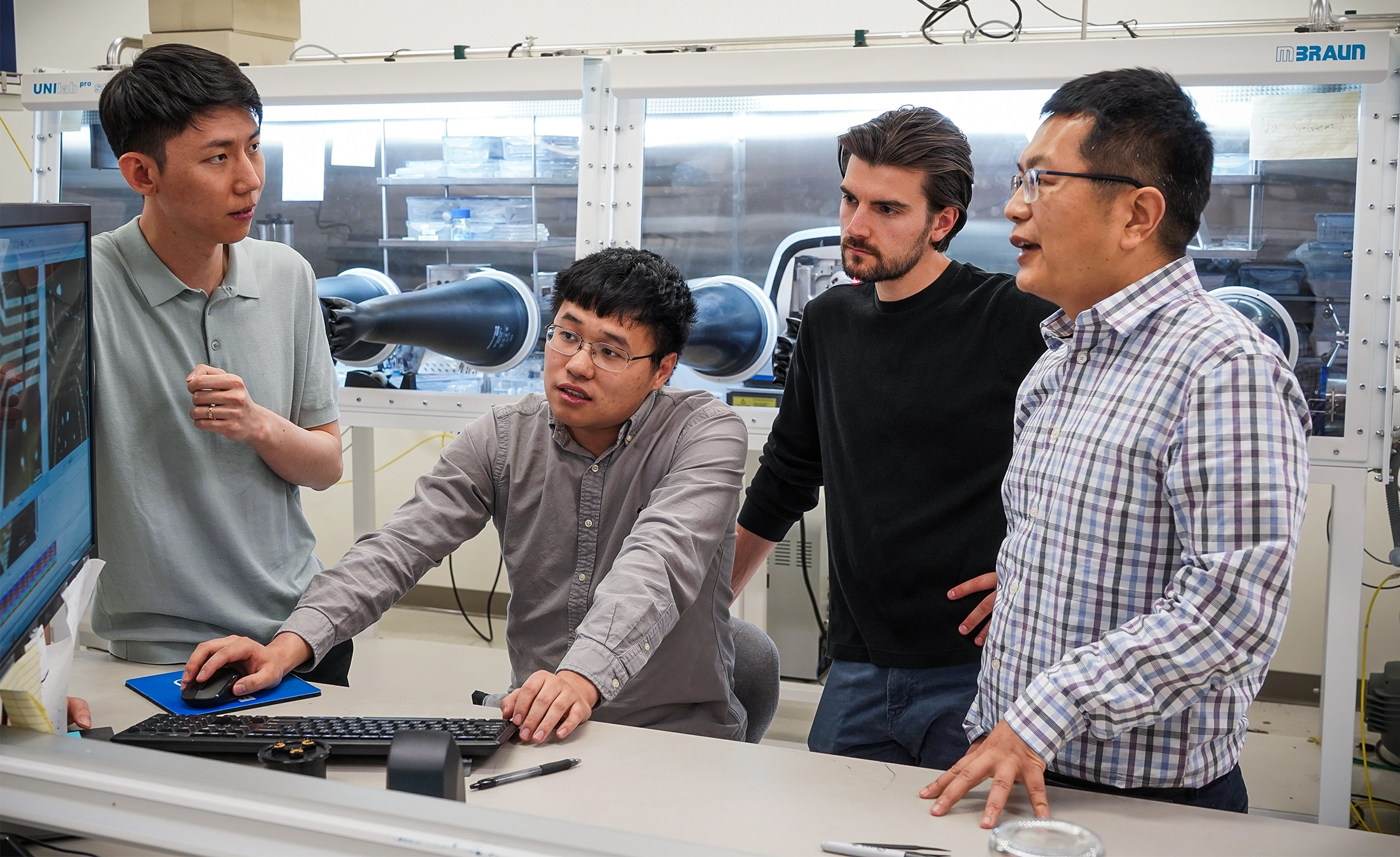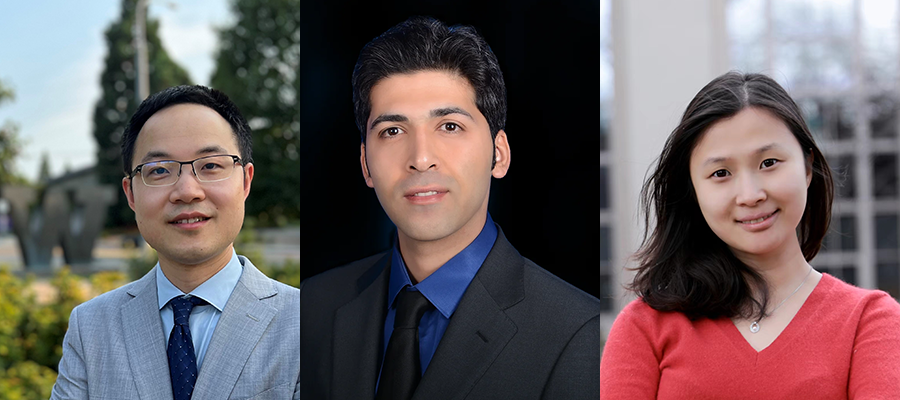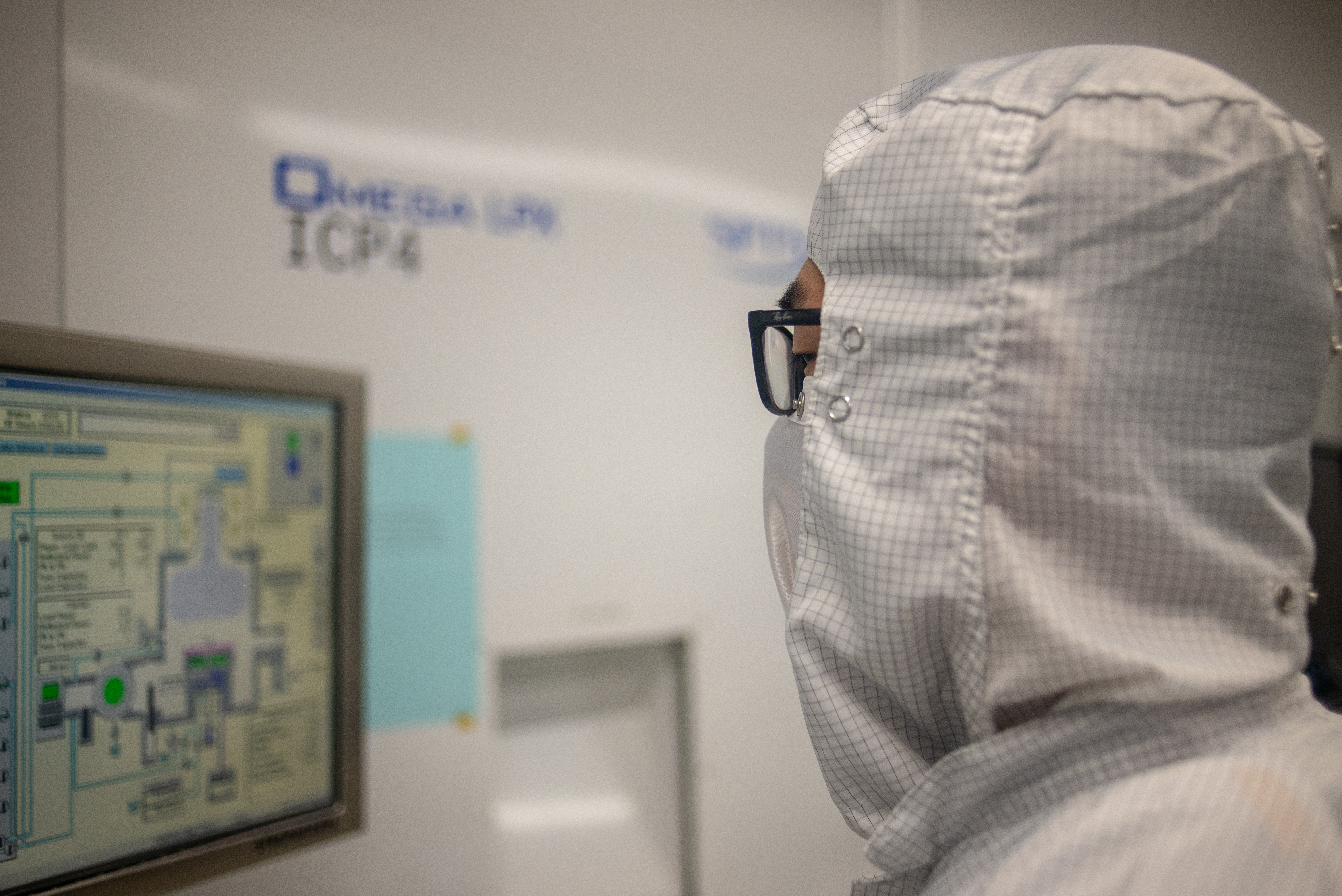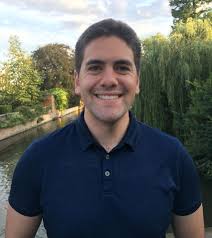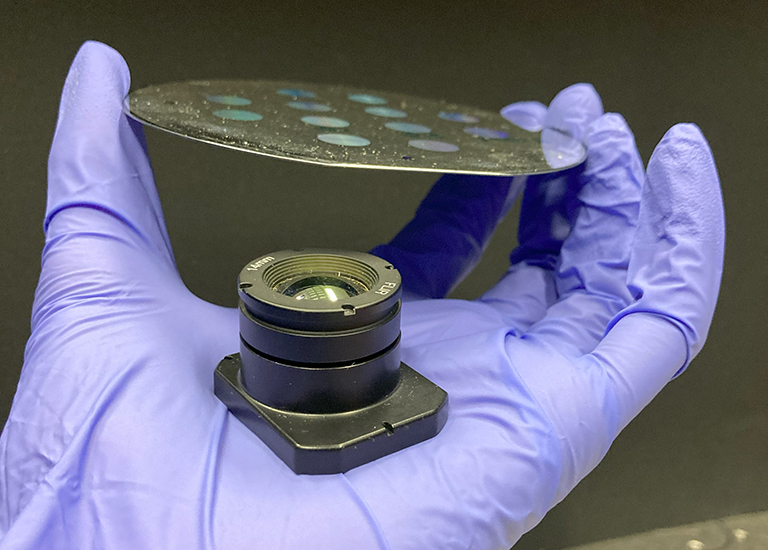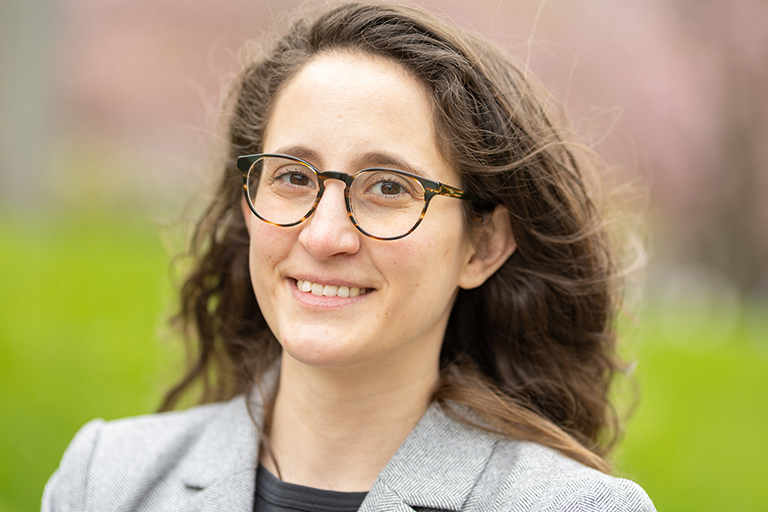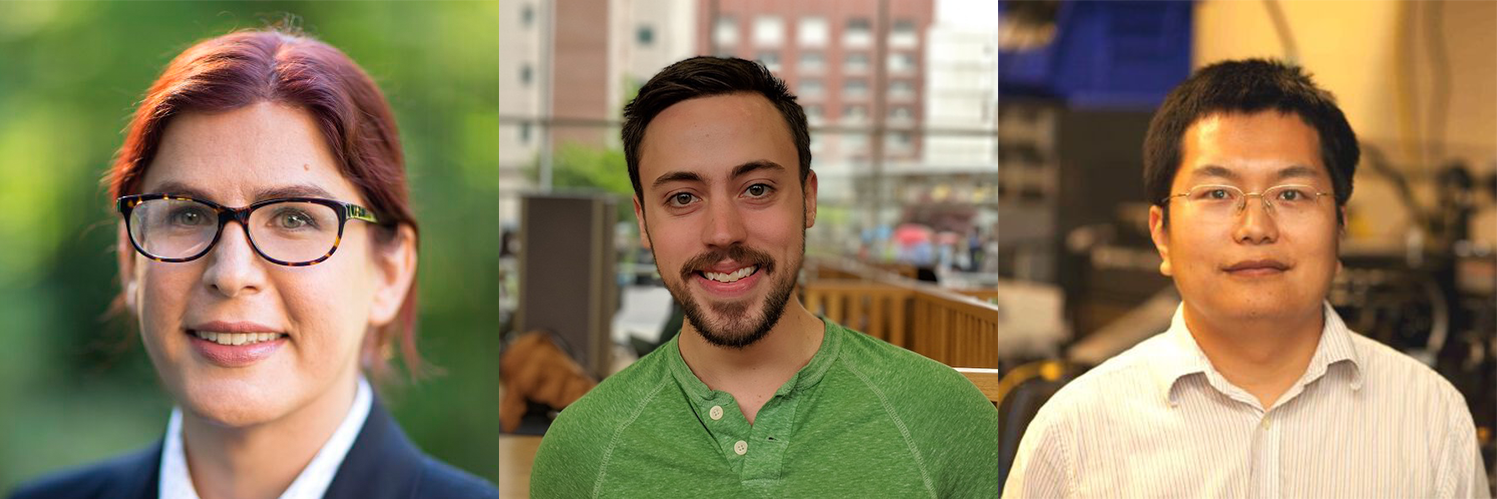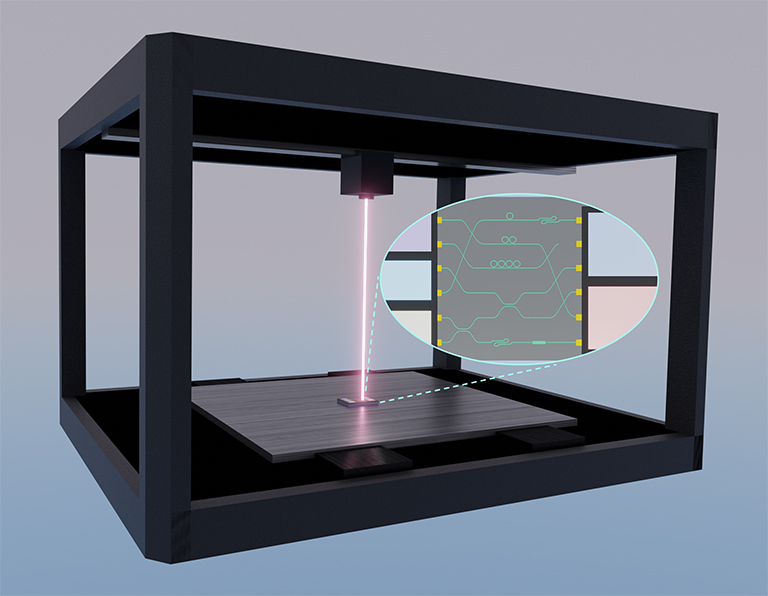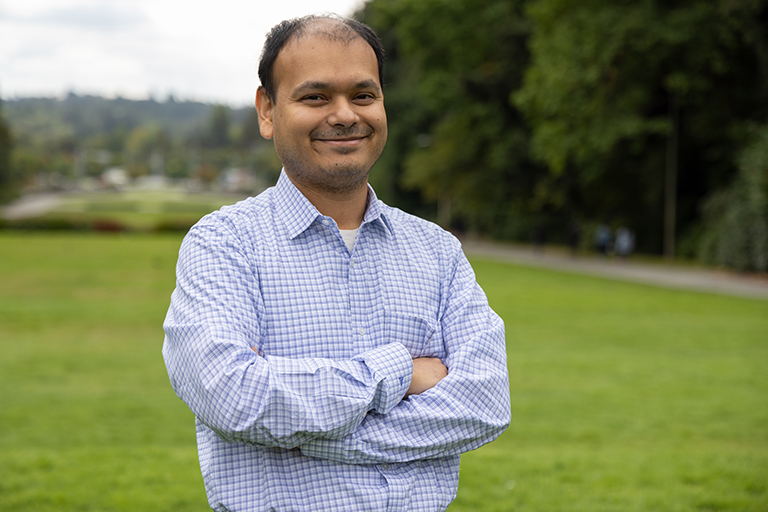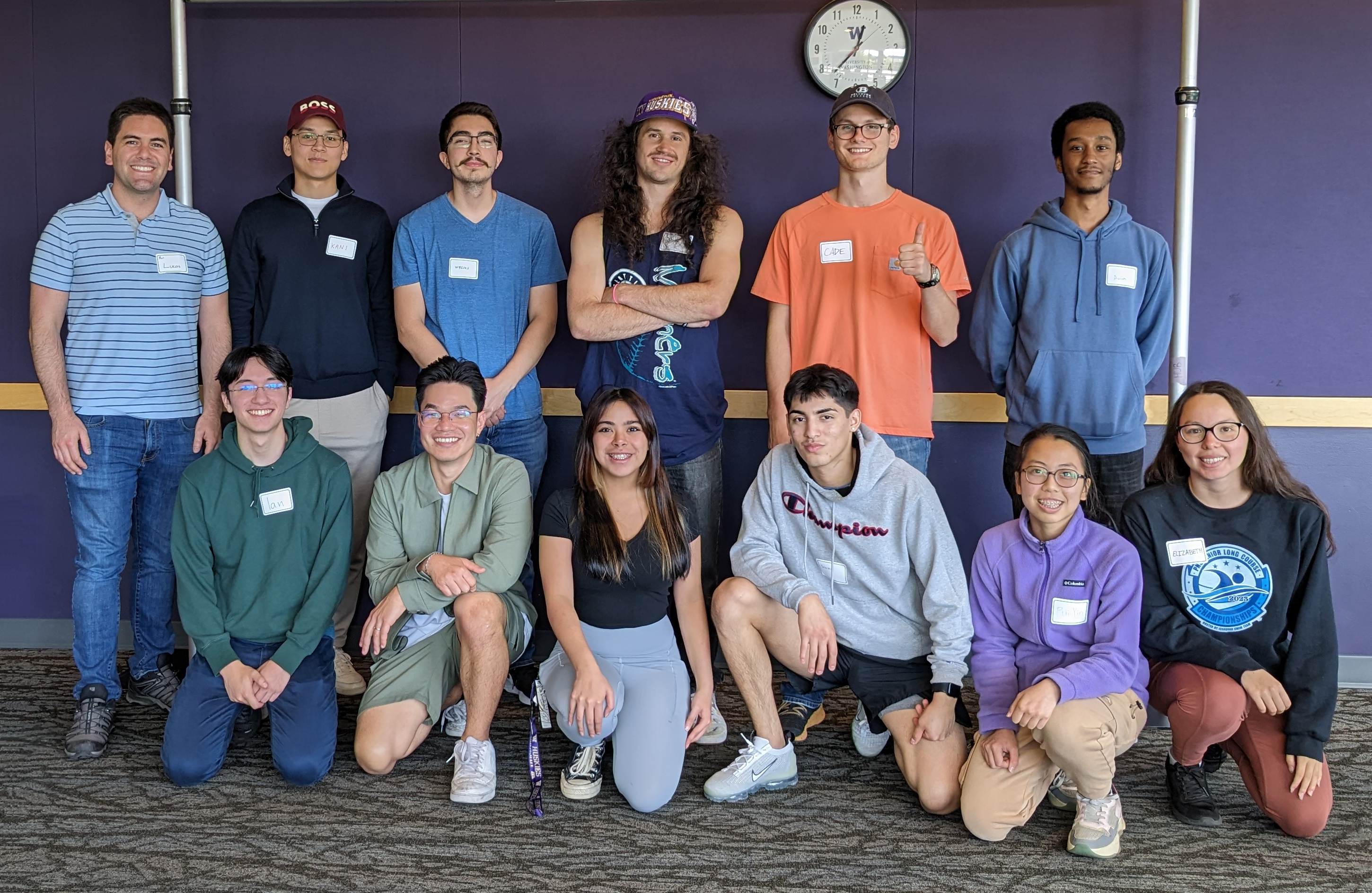Despite 127 years of being studied, electrons are still surprising researchers. A UW-led team including NanoES members Matthew Yankowitz and Xiaodong Xu, found electrons behaving like quasiparticles with a fractional charge in a unique setup, a first without a magnetic field.
UW researchers find electrons uniting into entities with fractions of electric charge without a magnetic field
